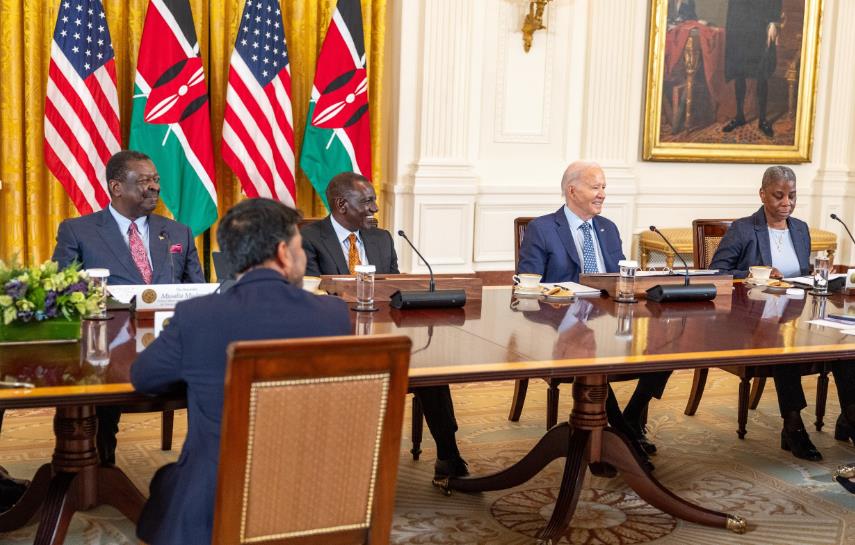
On 24th May, 2024, while President William Ruto was on a state visit to the United States (US), his host, President Joe Biden, announced US government’s intention to designate Kenya as a Major Non-NATO (US) Ally (MNNA). Should US Congress raise no objection within 30 days, Kenya could become the fourth country in Africa (after Egypt, Tunisia and Morocco) and twentieth in the world to enjoy the MNNA status. The MNNA designation was introduced in 1987 to reward countries that are in active strategic working relationship with the US but are not members of the North Atlantic Treaty Organization (NATO), a military alliance bringing together the US and several European countries.
According to the Biden Administration, Kenya deserves the designation because it has been in a strategic relationship with the US since independence, especially from 1964 when the first US ambassador, William Attwood, reported to Nairobi. During the Cold War, as Attwood himself observes in his memoir, The Reds and the Blacks (1967), Kenya worked closely with the US to keep the Soviet Union out of Eastern Africa. In the late 1970s, Kenya benefited from the US Military Assistance Program when it received several F-16 fighter jets and other supplies in the wake of Ethiopia- Somali war. The 1980s saw the two countries become even closer militarily and economically. In 1981, they signed a military access agreement allowing US marines to visit Kenya for military exercises in the Kenyan part of the Indian Ocean waters. The US also gave Kenya aid from its PL 480 food aid program, apart from brokering aid to Kenya from the World Bank and the International Monetary Fund to address Kenya’s balance of payment and debt problems. Since 1997, Kenya has been a major beneficiary of the Africa Growth Opportunity Act (AGOA), a US initiated trade agreement that seeks to allow selected goods from specific African countries to enter the US market duty free. Negotiations to extend the agreement upon its expiry in 2025 are well advanced.
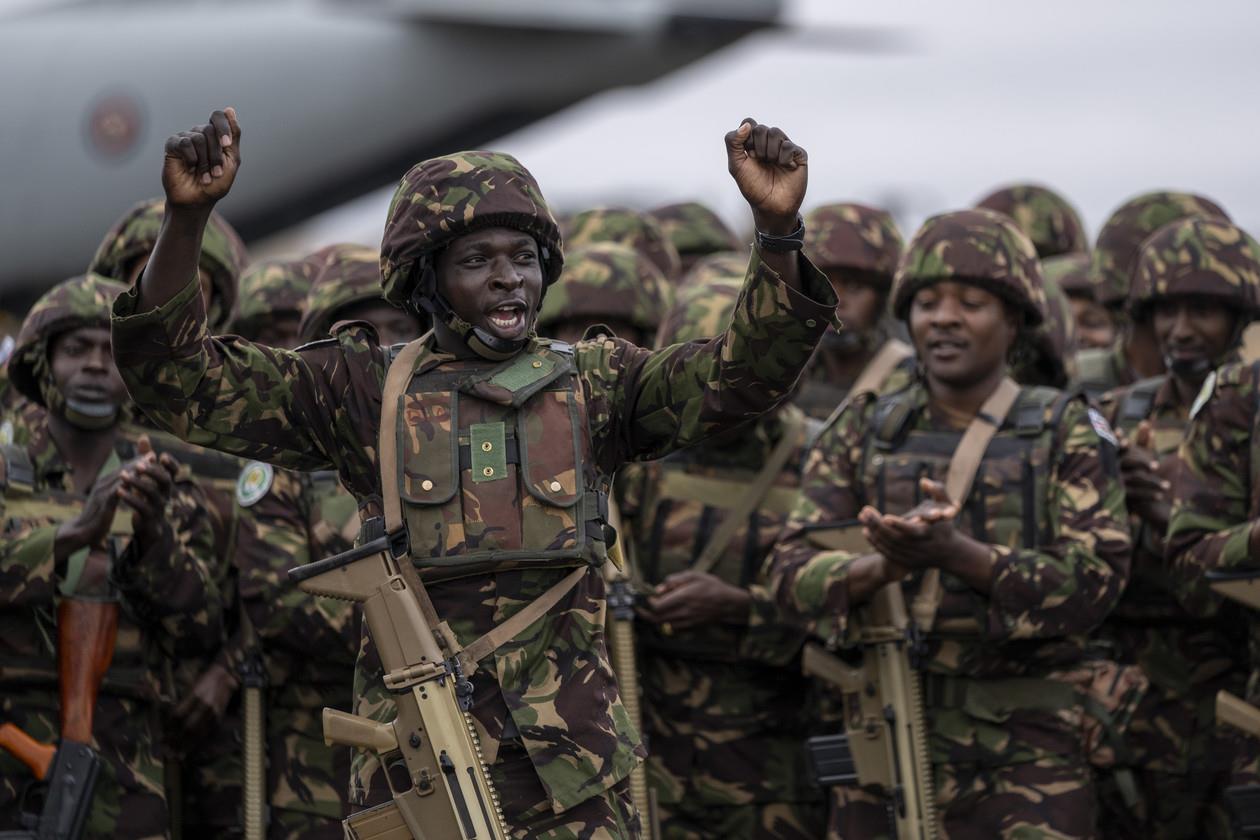
The two countries have also been cooperating in the global war on terror, with the US sponsoring training for Kenya’s security personnel and offering logistic support for Kenya’s military operations against the Somalia-based Al Shabaab terrorist group. The two countries continue to share intelligence on not only terrorism but on other security related issues such as drugs and human trafficking and money laundering. Strategic cooperation between Kenya and US seems to have significantly accelerated in the last two years of the Ruto administration. Top US, officials including Secretary of State Blinken and Defence Secretary Austin, have recently visited Kenya in quick succession. Talks between Blinken and Ruto centred on bilateral strategic cooperation on security issues in the horn of Africa and the greater East African region. Kenya specifically undertook to support US and its allies in their operations against the Houthis in the Red Sea. Kenya’s decision to accede to the request by US to lead a multinational peace enforcement force in Haiti is also one of the latest signs of growing bilateral strategic working relationship. It is also instructive that The US military has a base at Manda Bay in Lamu.It is against this background of strategic cooperation that the President Biden is satisfied that Kenya deserves the MNNA status.
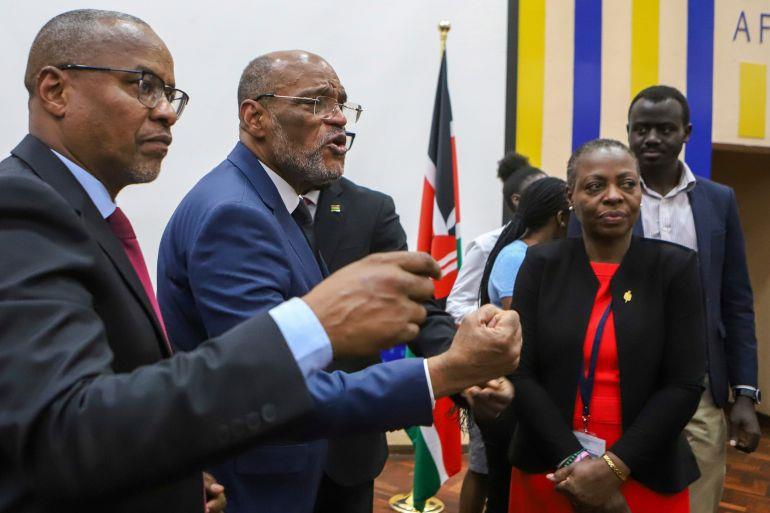
The purpose of this commentary is to consider the implications for Kenya when it officially assumes the status. What does Kenya stand to gain? Are there risks and how should Kenya insure itself against such risks?.
According to the article that created the MNNA concept, any country enjoying the status is expected to enjoy a wide range of security, financial, military, economic, and financial and other incidental benefits. Cooperation within the MNNA framework will provide opportunities for capacity building of Kenyan security personnel through training and joint military exercises. Kenya will, for the first time be allowed to procure depleted uranium ammunition from the US. Kenya will also be eligible for enhanced military assistance, especially in the form of loans of material supplies or equipment for cooperative research, development, testing, or evaluation purposes.” This may stimulate establishment of local military manufacturing firms, hence reducing Kenya’s dependence on foreign supplies. Kenya will also be considered as a priority recipient of excess US defense articles.
Another implication for Kenya is that the MNNA articles allow US to establish storage facilities for US-owned “war reserve stockpiles” on Kenyan territory. This might be risky because it might expose Kenya to retaliatory attacks from America’s adversaries during US operations against its enemies in the region, for instance the Houthis in Yemen and other terrorist groups.
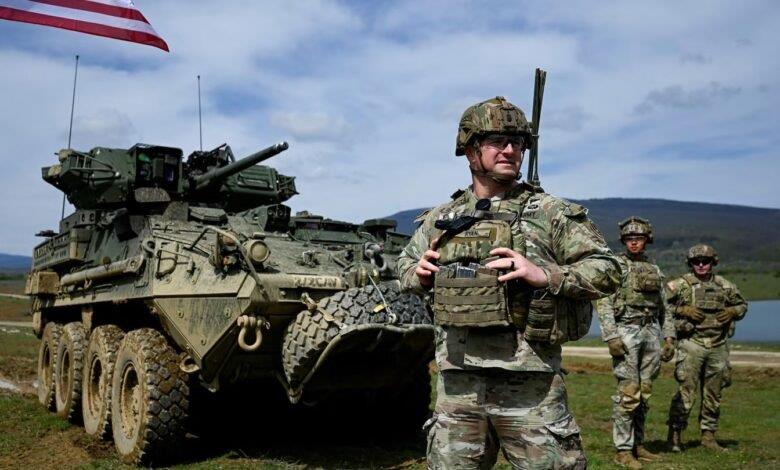
On the other hand, however, the presence of US storage facilities might deter terrorist groups like Al Shabaab from launching attacks on Kenyan soil for fear of quick counterattacks from the US military. The Presence of US military houses and personnel in Kenya may also have an indirect positive impact on the economy of the regions where they will be located. Locals will get jobs at the US facilities. Local businesses will get new markets for their goods.
The MNNA status poses diplomatic risks for Kenya which it must take steps to minimize. Regionally, it is instructive that Kenya will be the only country with that status in Sub-Saharan Africa. Kenya’s detractors or competitors in the region might portray Kenya as a “sub-Imperial power” helping the US pursue its interests in the region. Kenya had earned the same tag during the Cold War. Kenya’s neighbors might lose confidence in Kenya as a neutral arbiter and deny it the chance to mediate in conflicts in the region. Indeed, some parties to the Sudanese conflict have questioned President Ruto’s neutrality as a mediator. Kenya’s quest for the hegemonic status in the East African region may be jolted. It is even riskier for Kenya in the current dispensation where there is increased anti-western, especially anti-US phobia in Sub-Saharan Africa. Several African countries, including Nigeria have refused to let US establish military bases on their territories. Burkina Faso, Mali, and Niger have ordered the closure of US and French bases on their territories, a move that has become increasingly popular among many Africans. It is instructive that in recent years Kenya has made significant progress in its attempts to emerge as a leading champion for Africa’s interests. The gains made so far may be reversed by the MNNA status. Kenya might have to be selective in the implementation of the articles of the MNNA status to ensure that those that would portray Kenya as a “collaborator” in US imperialist project are avoided.
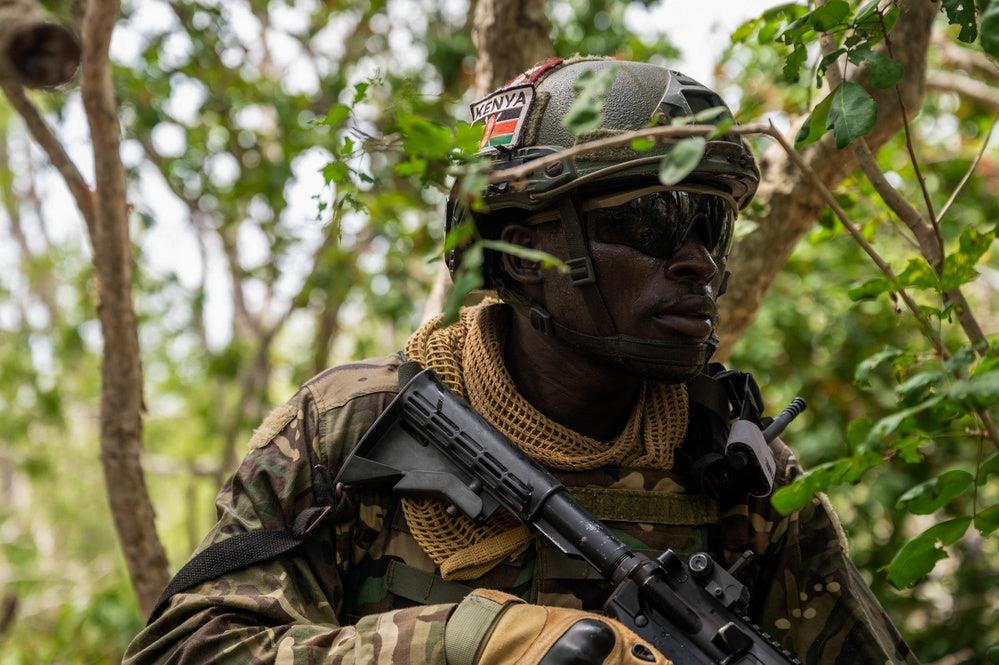
MNNA may also bring into doubt Kenya’s long standing non-alignment policy on international affairs, especially on issues that involve major or super power rivalry. As a non-aligned country, Kenya is not supposed to grant military bases to major or super powers. Granted Kenya has undermined this policy by granting US bases in the past, acquiring the MNNA status in this period of renewed competition between China, Russia and the US in Africa might put Kenya firmly on US side, further denting its image as a neutral country as implied in its policy of non-alignment. Kenya may be drawn into the military and geo-strategic rivalries in the Greater East African region where China, Russia, Turkey, France have also shown interest. In order not to be seen to be “aligned,” Kenya should continue to diversify its relations by strengthening relations with other powers such as Russia and China, even if not militarily.
Economically, MNNA status will further strengthen economic relations between Kenya and the US with the promise of more aid and support for the former’s economy. Egypt, an MNNA designated country has been receiving the largest economic aid from the US in Africa since it acquired the status. Economic dividends may also come in the form of additional concessionary bilateral economic agreements apart from the AGOA. US may also use its immense leverage in the IMF and World Bank to have them extend cheaper loans and grants to Kenya.
In conclusion, the MNNA status carries with it both blessings and curses for Kenya. While it may present opportunities for Kenya to bolster its own security in a relatively volatile Eastern African region, and to benefit from US diplomatic leverage in international institutions such as the UN and the Bretton Woods institutions, it may come with diplomatic liabilities for Kenya. However, with astute statecraft for which Kenyan leaders have been known, the liabilities can be managed and turned into opportunities.
